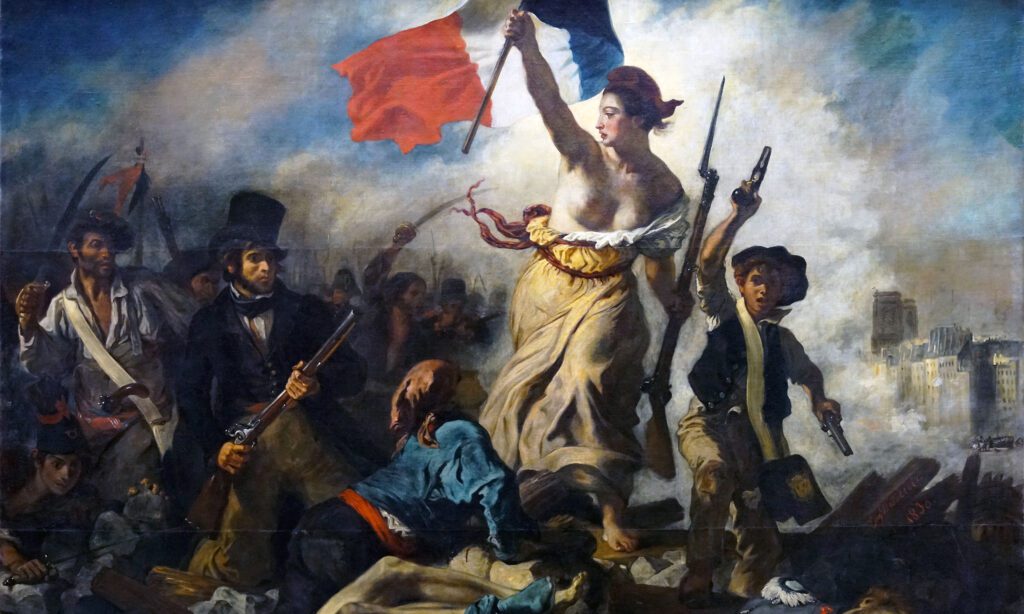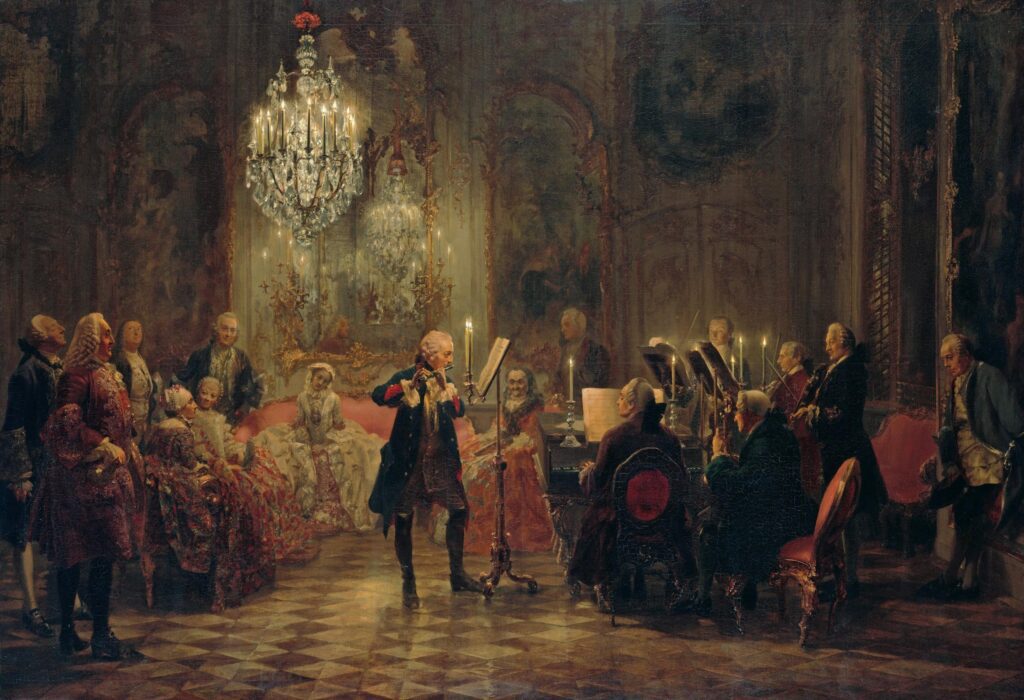What is Romanticism? When Did The Romanticism Movement Emerge?

Romanticism is a movement that lasted from the late 18th to the mid-19th century and it can be seen in art, literature and music. However, it was not only limited to these areas, but also influenced politics, philosophy and social thought. The foundations of the Romantic movement rely on Latin and French culture, as indicated by the root of the word.

Romanticism arose as a result of the French using the word “Romance”, inspired by the literature of the Roman peolpe. Romantic works focus on emotional issues, nature, imagination, the pursuit of dreams, heroic stories, and freedom struggles. This trend has been adopted by people fleeing the cruelty of reality. Just as emphasizing individuality and freedom, it also emphasizes the importance of imagination.
The Romantic movement can be defined as a movement that emphasizes emotional intensity and freedom in art and literature. The rise of this movement emerged as a result of the reflection of scientific developments and innovations that started with the Renaissance period on art. The French also started the Romantic movement during this period by making the Roma a little more ornate.

The Romantics were born as a reaction against the cruelty of reality. One of the most important characteristics of this current is that it emphasizes emotional intensity and personal freedom. The Romantics, while processing nature, emotions and dreams in their art, emerged as a reaction to realistic movements.
The Romanticism movement influenced not only art and literature, but also politics, philosophy and social ideas. Romantic thought emphasized the concepts of freedom, equality, and justice, and these ideas formed the basis of various social movements in later years.

Especially during the period of the French Revolution, romantic thought was influential in the social and political spheres. During this period, those who fought for human rights and freedoms adopted romantic ideas and reflected these ideas in their works. For example, Victor Hugo’s novel “Les Misérables” clearly illustrates romanticism’s emphasis on the concepts of freedom and equality.
The influence of Romanticism was felt not only in France, but also in other European countries. In England, poets such as William Wordsworth and Samuel Taylor Coleridge wrote romantic poems that focused on issues of nature and spirituality. In Germany, Johann Wolfgang von Goethe and Friedrich Schiller, under the influence of romanticism, wrote works emphasizing nature and the human spirit.
It has also distinguished itself in the field of music. Composers such as Ludwig van Beethoven, Franz Schubert and Frédéric Chopin reflected the emotional and lyrical characteristics of romanticism in their music. These composers produced sad and dramatic works, focusing on the emotional intensity of romanticism.
As a result, the Romanticism movement was influential in art, literature, music, politics and social thought. This movement, with its emphasis on concepts such as emotional intensity, imagination and freedom, has allowed people to escape the cruelty of reality. Romanticism is a movement that has an important place in the history of world culture and its influence is felt even today.



